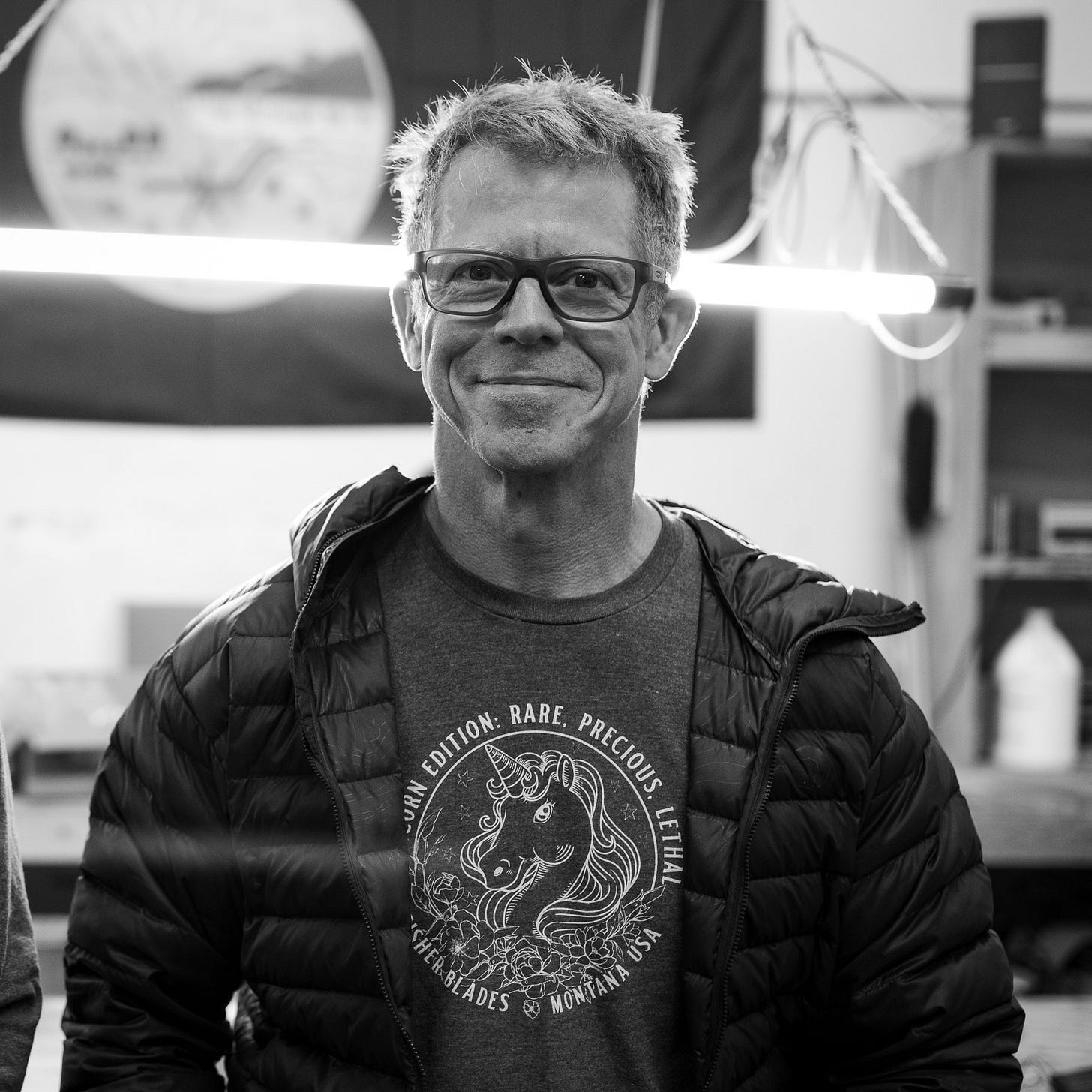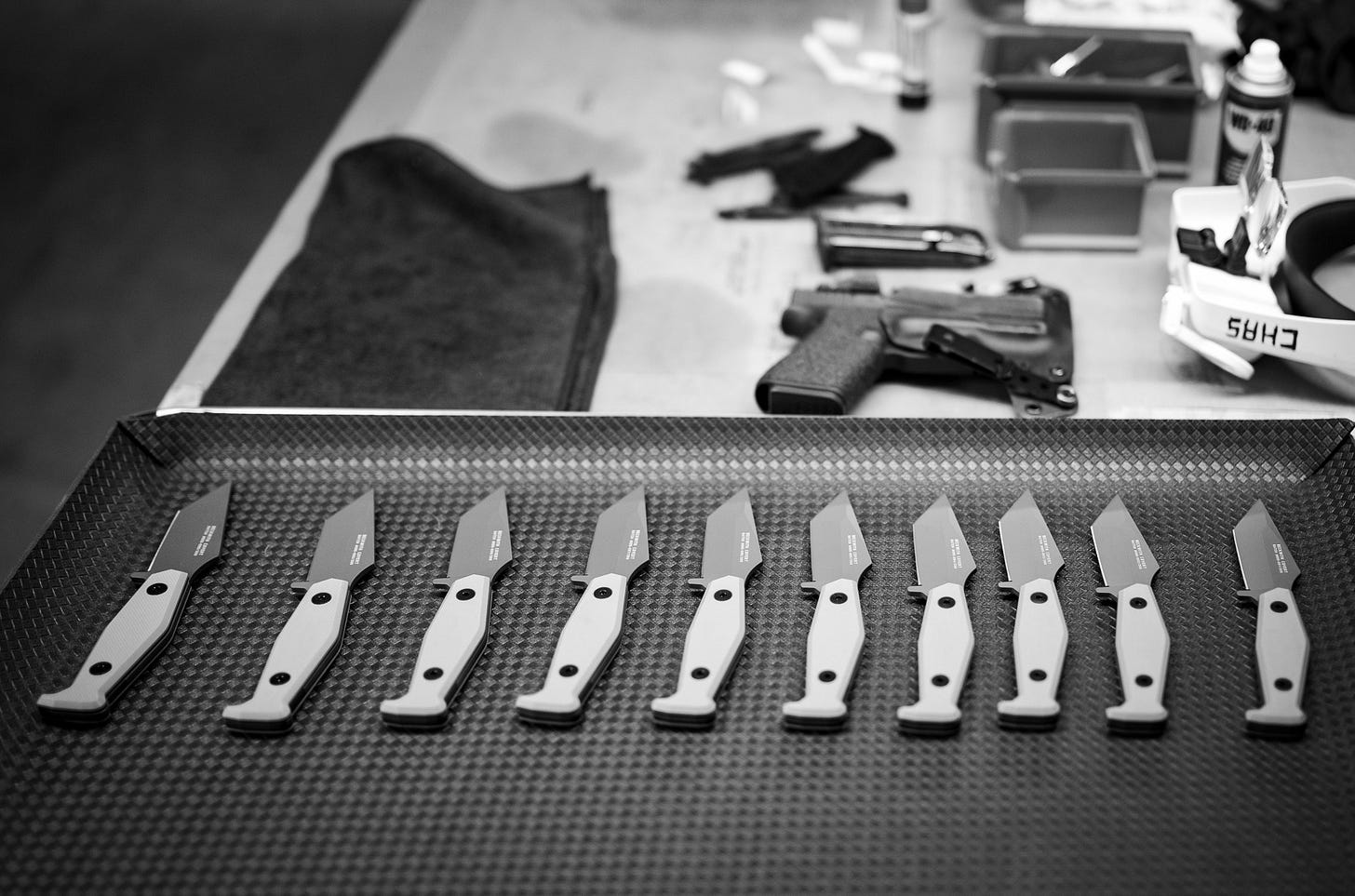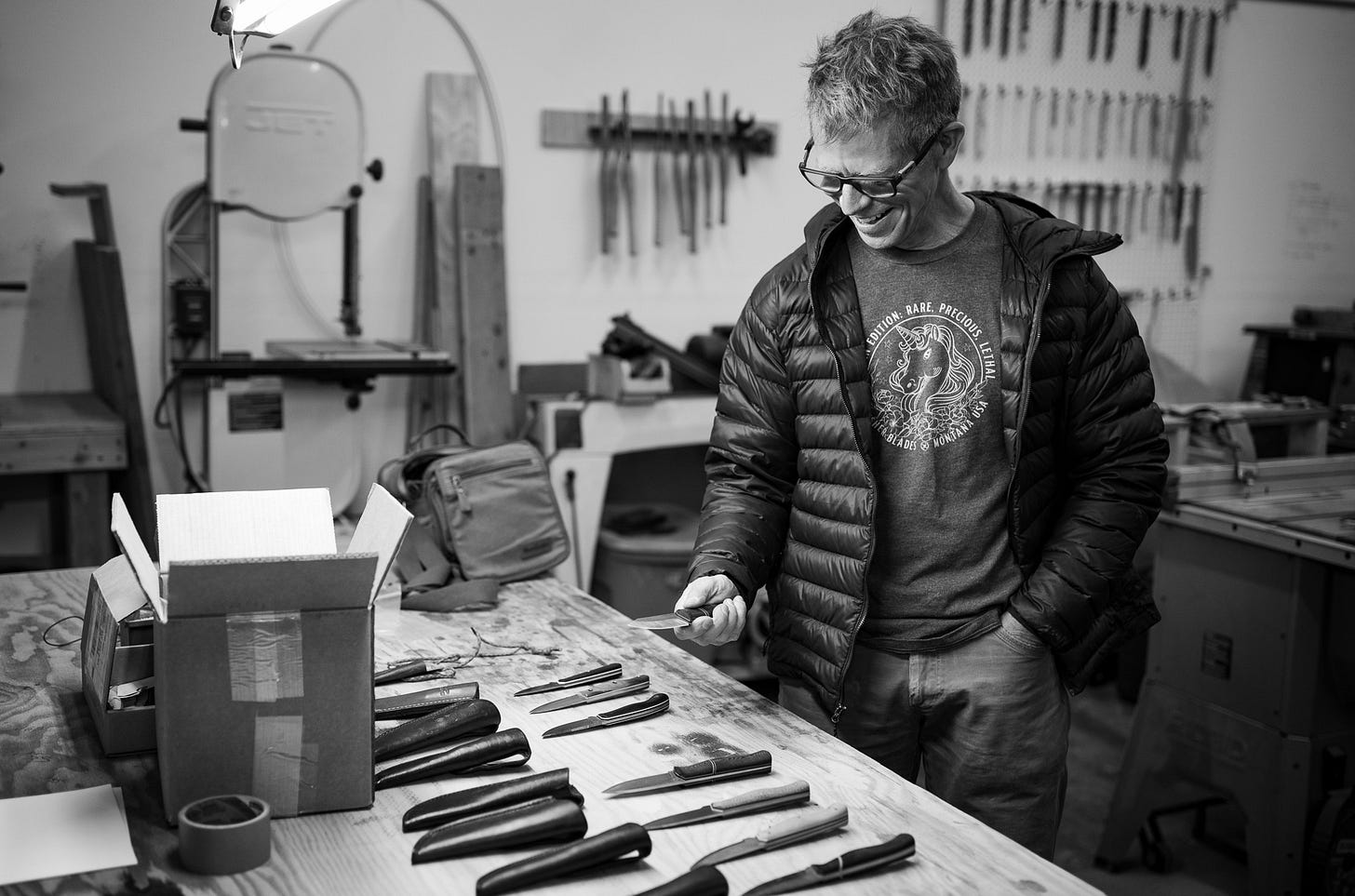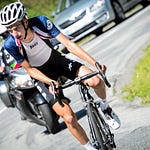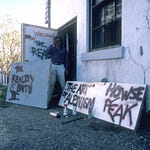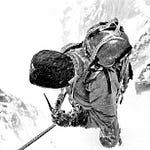This is the first episode of the Équipe Solitaire podcast, published for paid subscribers roughly six months ago. Free subscribers may listen now. If you enjoy it, and want to hear more, please redirect the fee for six ounces of single origin coffee beans (sacrilege, I know) each month towards a subscription to support this work, this writing, these conversations. Thank you.
Chas and I first met in the late-90s when he was running a one-man band type marketing company called Loyal 9. This name spoke to me, of course, as it refers to a small, secret group of patriots formed in 1765 to protest the Stamp Act which eventually merged with the Sons of Liberty, an organization that orchestrated resistance movements against British rule in colonial America. Not a bad association for anyone pushing back on groupthink marketing, and striking out with counter-cultural ideas to develop awareness for brands, and ideals.
We stayed in contact over the years, remaining aligned on many concepts — from creative output to individual sovereignty — so when his new knife-making company, Fisher Blades, brought him to Missoula we decided to record a podcast. I prefer to do these in-person so drove over in late-October 2024 where we spent a dozen hours talking and recorded about three of them.
Some topics we addressed will be familiar to anyone who listened to my old podcast, starting with Quality vs Quantity and that quickly led to the notion that, while people are hungry for authenticity, they are being fed some false version of it, aka junk food authenticity. These attention-grabbing reels and shiny behavioral antics may appear true and honest but are not the real deal.
Both of us have been involved in the so-called outdoor industry mainly due to our interest in, and association with climbing, backpacking, etc., which would plant us, socially speaking, in the fern-sniffer camp. However, Chas grew up hunting, making him a member of the blood and guts side of the outdoor community, so he has always straddled what used to be a divisive line between these two groups. We dip into how these user groups have overlapped during the past decade, my own journey developing cold weather clothing for the DoD, the military involvement in the outdoor industry and subsequent cross-pollination and the effect on about taxes and conservation initiatives, and the tentative acceptance by each group for the other.
When speaking about making knives Chas said something I understood and sometimes practiced but never described in a single, concise statement, "perfect function makes its own aesthetic." Generally, now, people involved in product design are chasing an aesthetic first, and even if they are paying lip service to function, they are trying to (first) manipulate the transaction with a potential customer by making it look a certain way. This led us to speak about the influence of one's martial arts practice on tool/blade design, the directness of Wing Chun, and also developing the blade for how the designer wants to use it.
Chas has been studying Wing Chun Kung-Fu for 27 years and teaching for over twenty years. He owns and operates the Real Wing Chun club in Seattle, described as, "a no-frills place. We have no heat. We have no air-conditioning. It's cold in the winter and hot in the summer. We train Wing Chun the old-school way: no nonsense, traditionally oriented combat kung-fu." Chas tells his story of discovering kung-fu, studying Wing Chun and White Crane, the history of these styles, and his journey from Colorado to Seattle where he opened his own school.
That school was affected during the Covid era in ways I hadn't imagined or examined. In general, Covid regulations, as imposed in particularly susceptible locations, offered the formerly-powerless — those without genuine personal agency — the power to affect and condemn (via a snitch line for example), and authorities assured them that, by obeying and tattling they would become the virtuous ones. As often occurs, once they taste the power they feel entitled to it, which is different from earning it. When actually earned, power is more often expressed in ways that lift and educate and guide those being led but when power is assigned or received as an accident, it is usually expressed in more dictatorial ways.
This is an aspect of human nature I have personally seen a number of times but Chas saw something different among some students at his school; when obedience to the narrative hardened into habit it eventually manifested as people being less willing to do hard things. We speculated on the possible causes, wondering whether handouts and guardrails and paychecks overrode the too-weak desire to improve, to change, and to actually work towards that outcome. This reminded me of a period during the growth of Gym Jones when some folks would openly admit that, "I don't want to learn, I just want to be told what to do." And this is something neither of us can understand.
Find Chas here:
https://fisherblades.com
And here:
http://www.realwingchun.com



